
Today we’d like to introduce you to Beverly Baker.
Hi Beverly, can you start by introducing yourself? We’d love to learn more about how you got to where you are today?
I am an urban explorer first and a self-defense instructor second. I have a 2nd dan black belt in Chayon Ryu martial arts and have trained in multiple other styles of combat sports. I continue to train in and compete in judo. Since judo is not terribly popular with women, at the age of 51 I’m finding I have to compete with women half my age!
While that martial arts pedigree is something folks expect to hear from a self-defense instructor, I have to be transparent and emphasize: physical martial arts skills are not the basis for personal safety! There are ways for folks to navigate and enjoy Los Angeles without having to be a young, fit athlete.
Since moving to Los Angeles in 2011 – right into the heart of the Hollywood tourist district I’ve used my neighborhood along with DTLA as my laboratory to observe, test, and refine self-defense and situational awareness principles. From this, I developed Asphalt Anthropology, an approach to personal safety specifically designed for everyday people who navigate complex, dynamic public spaces day after day.
I’m originally from Philadelphia, one of the most walkable cities in the U.S. In that environment a young girl learns pretty quickly how to spot and dodge trouble before it goes hands-on – in fact that is a necessity! While L.A. is notoriously car-centered, there are still plenty of walkable neighborhoods in L.A. My favorite walk is the 7 mile stretch from DTLA through MacArthur Park, Koreatown, Little Bangladesh, Little Armenia, Thai Town, and into Hollywood. In an afternoon it’s like taking a trip around the world through the area’s food, shops, and street art!
Exploring the city – particularly as a woman – has risks. From cat-calling to assault there is no shortage of scary stories that keeps many in their cars. Mainstream self-defense, or what I call, “Thanks Dad Self-Defense” will tell you to “walk in pairs, don’t take Metro, and be home before dark.” But the truth of the matter is that is completely unrealistic advice for many living in Los Angeles. And so, Asphalt Anthropology fills in the gaps and teaches people how to view the world and move through it like a naturally raised city girl (or boy!).
Would you say it’s been a smooth road, and if not, what are some of the biggest challenges you’ve faced along the way?
Are there any smooth roads? If there are, sign me up!
I wouldn’t say it’s been a smooth road – I’ve gotten my education on navigating the city through lived experience. First, as a young girl taking the El train through West Philly into center city then later dodging creeps like all young women do on the street. As I’ve gotten older the creeps are less of a problem, but this is Los Angeles, and like many other residents have had scary experiences with someone having a bad mental health day. While folks who are down on their luck in the streets are more likely to be victimized than the general population, where I live (Hollywood) and work (DTLA) the odds have been against me and I have had to manage scary encounters with someone not in their right minds.
In Asphalt Anthropology we cover the chronological span of a street threat. It starts with how to recognize them, then how to manage them. But a lesser discussed stage is the “aftermath”. Even for folks who successfully manage to dodge the threat – which happens more than we give people credit for, btw – there is self-blaming and second-guessing. I know, I’ve been there myself! And I see this far too often with people who, again were successful in dodging a threat, who want to process their near-miss with me. We all think there is an expert out there who will tell them what they coulda, shoulda, woulda done better – when in reality, the best person to manage a scary situation in the moment is YOU! So, a big part of Asphalt Anthropology is helping people tap their own natural, hard-wired instincts for survival. That exists in all of us – but it can be hard to know that when our confidence is shaken.
I’m a bit of a rebel in the self-defense field. Mostly people think that cops or former military folks are the best experts in self-defense. And while there is something we can learn from everyone – the goals and resources those folks have in their jobs are nothing like what the average everyday person’s goals and resources. Centering self-defense from a military or law enforcement perspective actually makes people LESS safe and some people really hate to hear that. Instead, I really push for centering self-defense from the perspective of the folks most likely to be targeted for threats – generally women, BIPOC, the elderly, LGBTQIA+, and the differently-abled. This is not a popular notion with the generally socially conservative ethos in the self-defense world.
Here is an example of how the military perspective wildly diverges from civilian everyday reality: we often hear, “keep your head on a swivel” when you’re out and about. This phrase comes from the military – where soldiers go out on missions of a short duration, with their buddies and plenty of backup. That is a distinctly different experience than a city dweller who has to navigate complex, dynamic, and often dangerous environments 24/7/365 often along or perhaps with a few kids in tow. While a soldier’s mission “ends” it never “ends” for the city dweller. So rather than simply telling you to “keep your head on a swivel” Asphalt Anthropology arms you with tools and skills so that you know exactly what to look for and where to look for it. But we also use evidence-based exercises to tap into the primitive “lizard” brain – the part of our brain that is constantly and unconsciously scanning for threats already. By partnering with that part of our natural wiring, you don’t have to stress out by “keeping your head on a swivel”.
Alright, so let’s switch gears a bit and talk business. What should we know?
Asphalt Anthropology specializes in self-defense for complex, dynamic – and often dangerous – public spaces. It started as a way to push back and support womxn in particular in claiming public space. The L.A. Times called it, “The Streetsmart Way of Knowing, Enjoying L.A.” – my favorite part of that is the word “enjoy”! We are bombarded with stories about how scary the world is – but in Asphalt Anthropology, while we acknowledge the risks, we are all about learning how to manage those risks so we can live richer, fuller lives in this extraordinary city.
While most people think of self-defense is kicking and punching – that is the least important skill for wisely navigating the city. The most important skills, which are accessible regardless of age or fitness levels, are the ability to spot a threat, de-escalate, use street dodges and cultivate habits that will help you effortlessly move through a city like a pro. While it can be fun to practices kick-ass moves in a krav maga class, the reality is, you reeeeealllly don’t want to go hands-on with anyone you encounter on the street. And that’s what Asphalt Anthropology focuses on.
I offer both in-person and online classes. I work with business and resident groups so reach out to me and I can customize something to meet your specific concerns and needs. Right now, the most calls I’m getting are for businesses heading back to the office. With certain crime numbers spiking over the last year, employees are stressing about returning!
A favorite class for students are field trips in the city where we play people-watching bingo. It is a relaxing, social and fun way to increase your situational awareness!
What sort of changes are you expecting over the next 5-10 years?
There has been some great shifts in self-defense over the years. As a whole, we are understanding that while learning kicking and punching is empowering, it is rarely the solution to most threats and risks.
I love how the self-defense field is getting niche-y with some folks focusing on workplace violence, others on online dangers from stalking to data breaches, others focusing on domestic violence, and others on human trafficking. Asphalt Anthropology focuses strictly on street violence – but I am happy to recommend other professionals with other specialties you may need.
Another small, tiny, itty-bitty shift I see is understanding that much of the threats and risks we face are systemic. For so long self-defense has been 100% about an individual taking charge of the situation by learning to kick and punch or shoot a gun. But when violence is rooted in systemic racism, misogyny, or a failing health care and housing system, teaching people to punch or shoot is ultimately like seeing those kids in the ’50’s hiding under their desk for protection from a nuclear bomb. This is still a small conversation but I have hopes that it is becoming more widespread.
Contact Info:
- Email: info@metrofinishschool.com
- Website: https://www.asphaltanthro.com/
- Instagram: https://www.instagram.com/asphalt_anthropology/?hl=en
- Twitter: https://twitter.com/metrofinishing1
- Youtube: https://www.youtube.com/channel/UCTSjwUWYL9hqhVrup6YOCkA
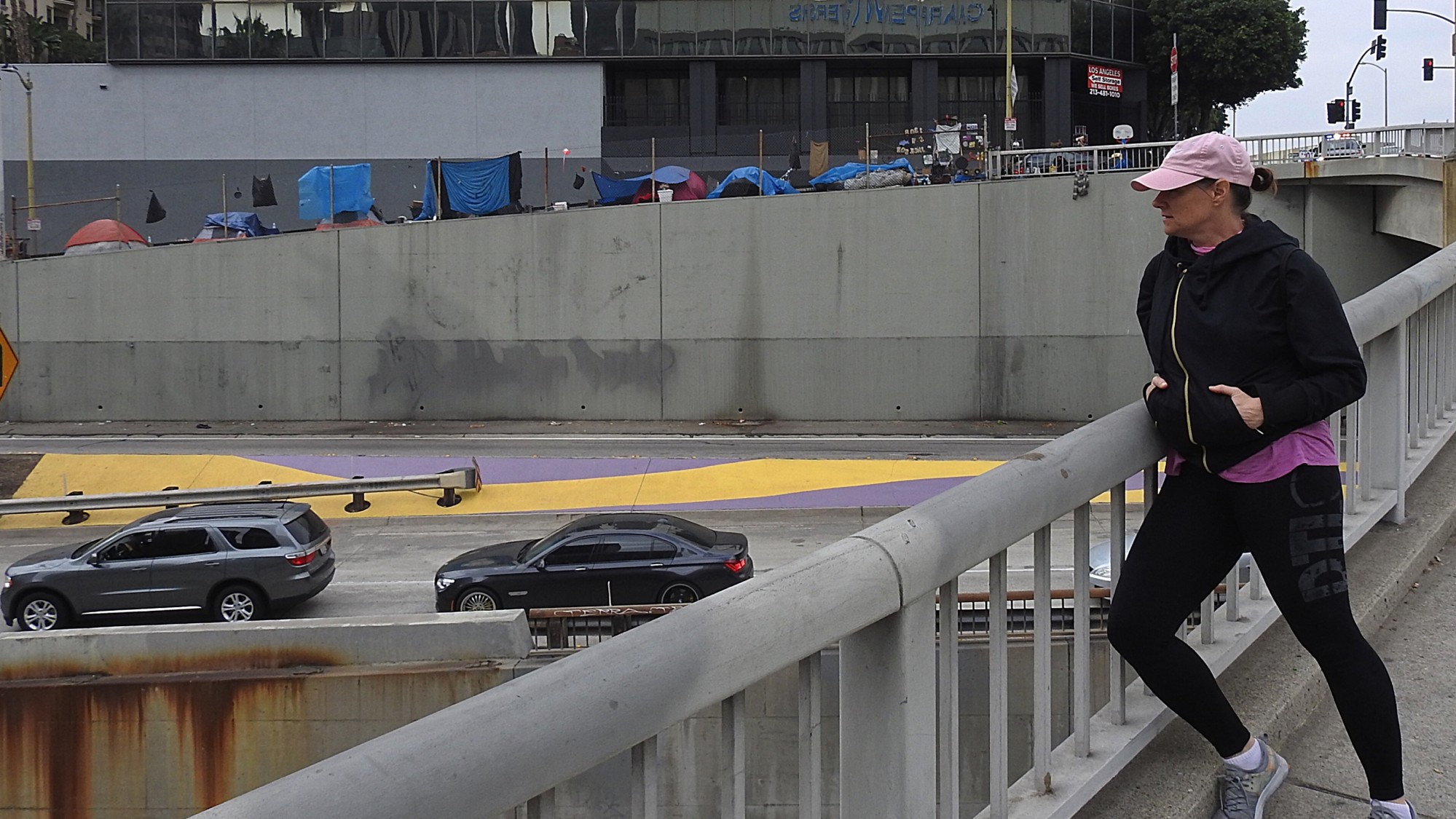
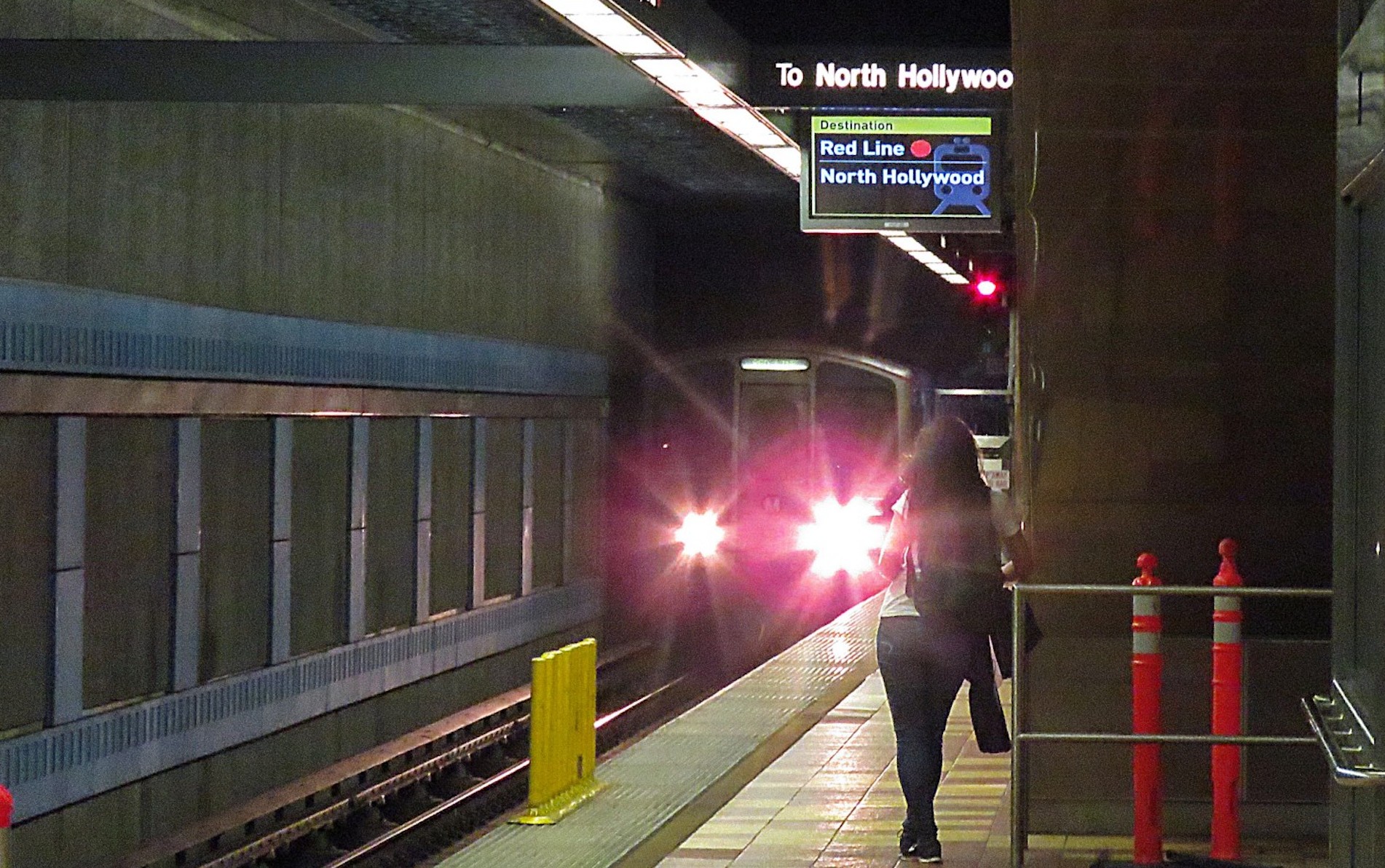
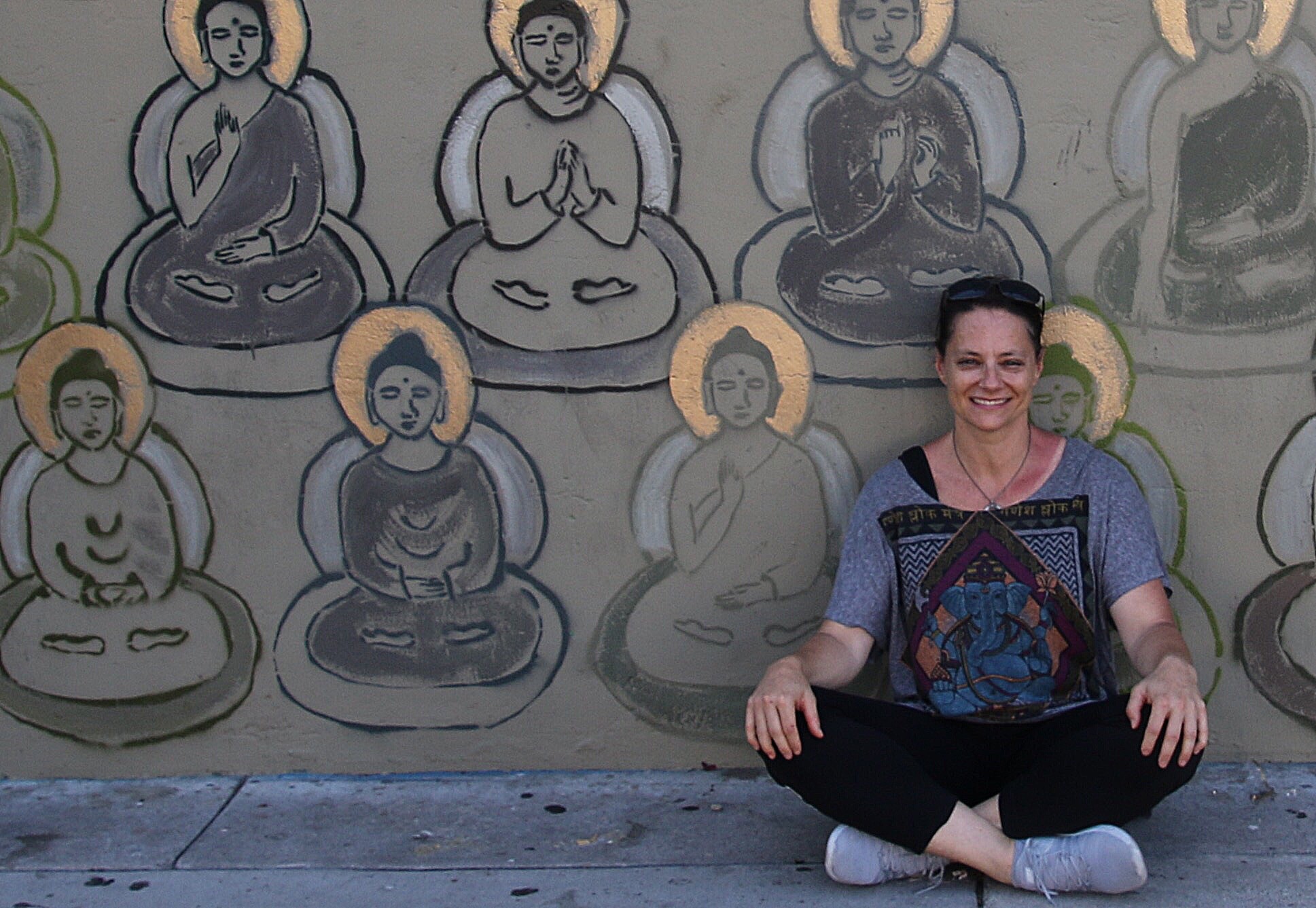
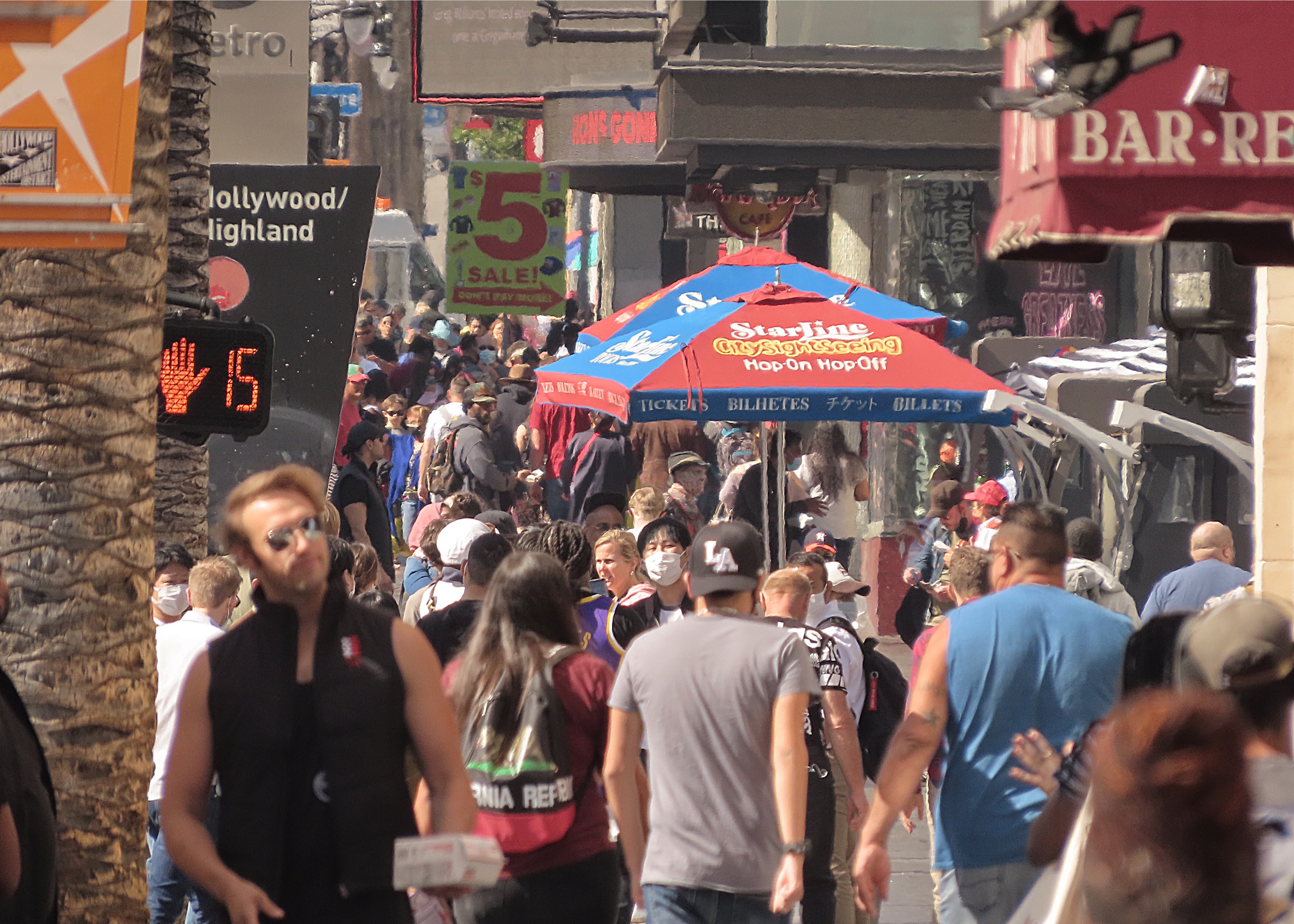
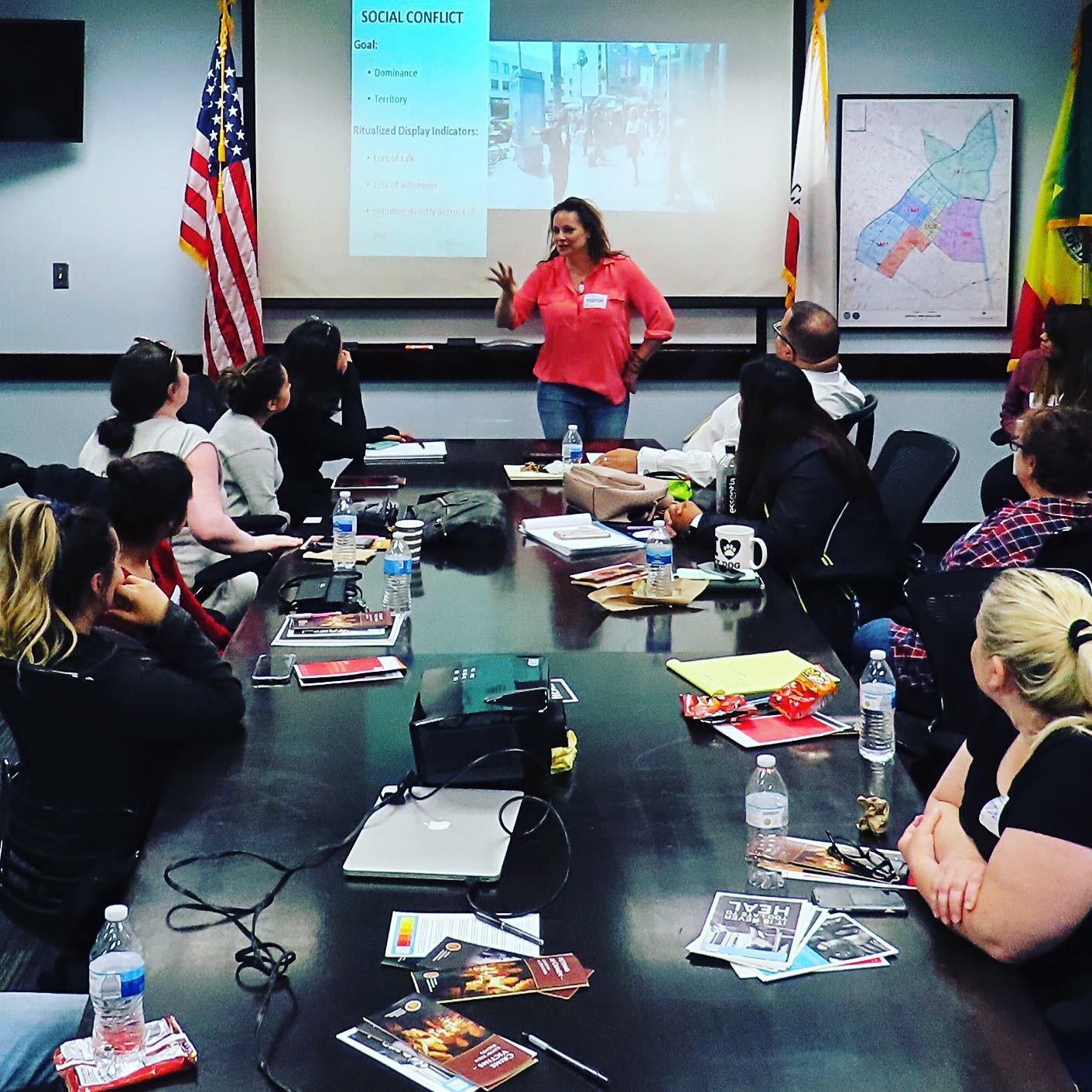
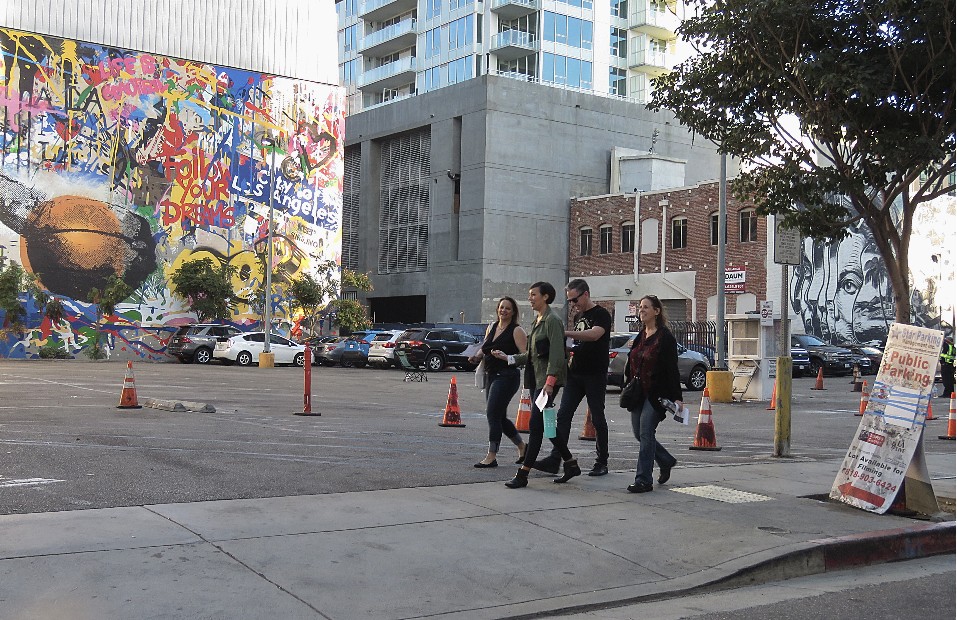
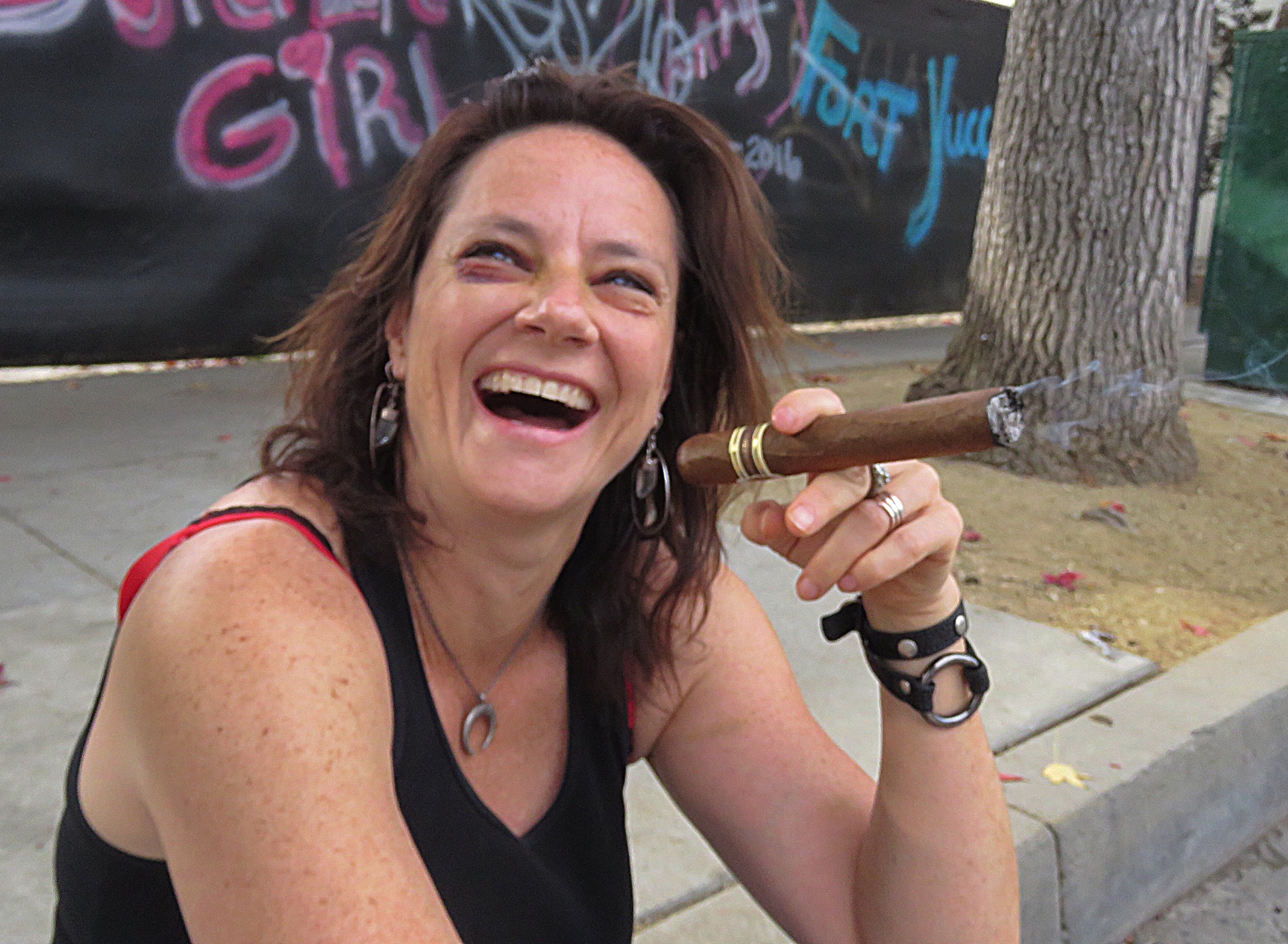
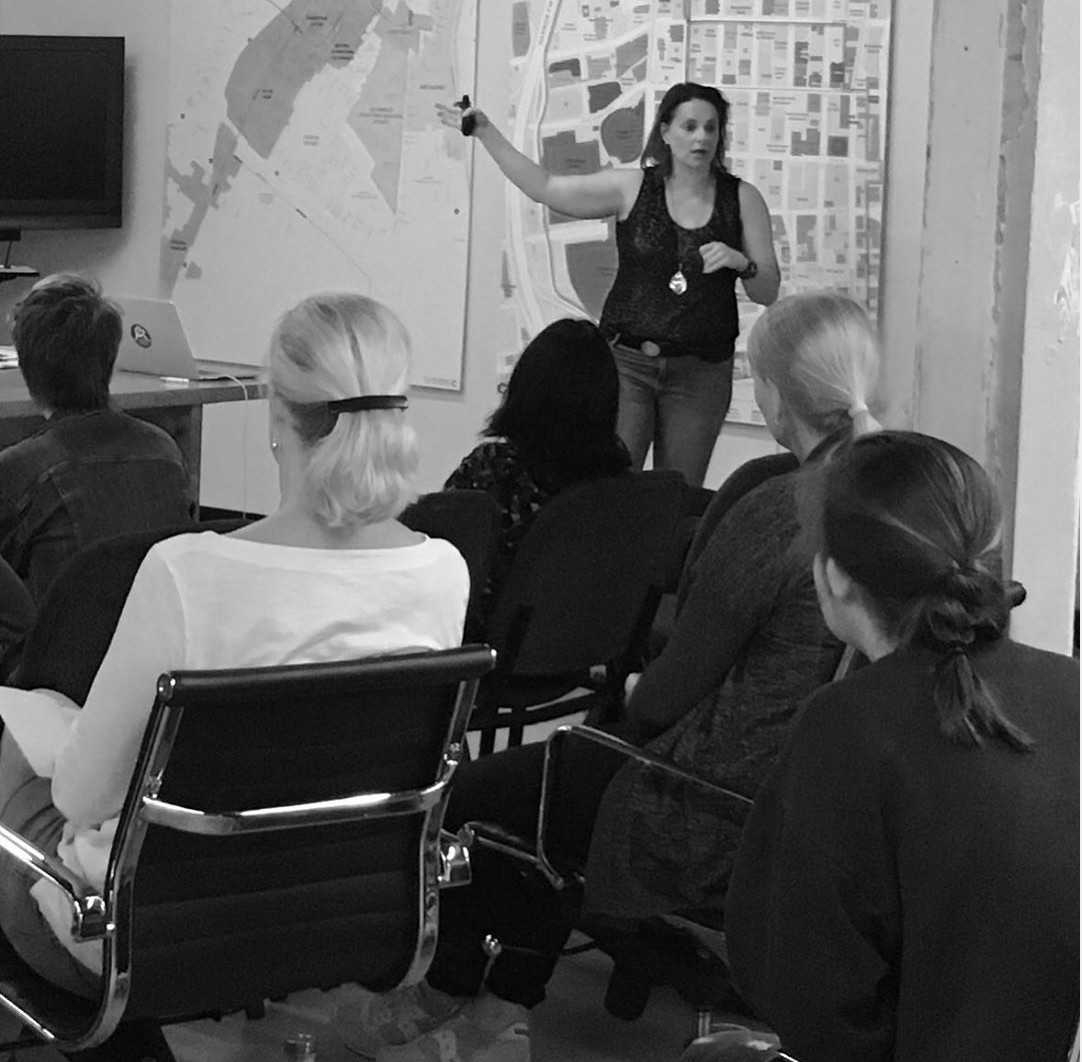
Image Credits
Brian Donnelly











